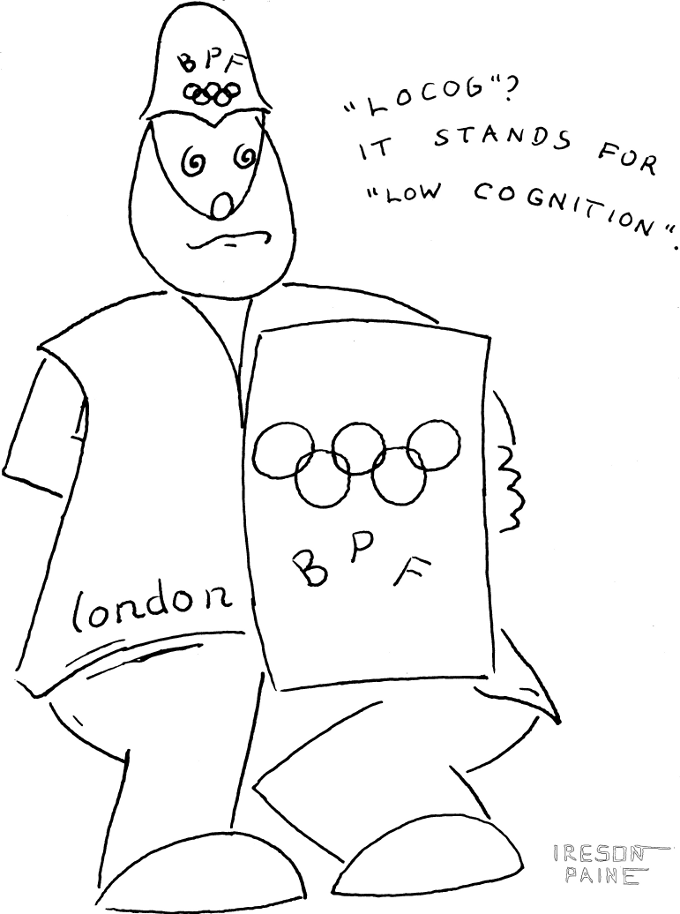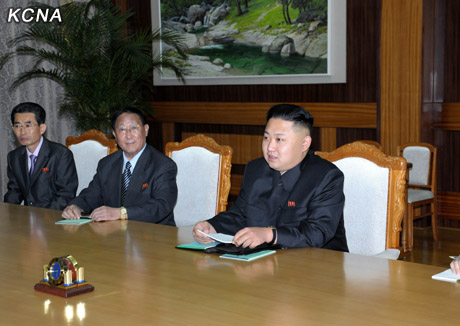O lado negro dos agregadores de conteúdo
by Preguiça Mental
Não é você que usa os agregadores, são os agregadores que usam você!
Os administradores dos agregadores fazem o blogueiro crer que estão fazendo um bem, praticamente um favor a ele ao publicar alguns de seus links, mas a realidade é exatamente oposta. Quem move as obscuras engrenagens destes sites são justamente os blogueiros, principalmente os menores. Alguns chegam a pagar por pacotes de links mensais a serem aprovados por quantias elevadas em dinheiro. A sensação de sucesso proporcionada pelos agregadores é passageira, mas o blogueiro - tal qual um dependente químico - sempre retorna a eles na expectativa de ter mais links publicados.
Quem garante que os "visitantes" enviados são pessoas reais?
Comecei a levantar a hipótese de a maior parte do tráfego supostamente gerado pelos agregadores ser produzido por robôs ou softwares há algum tempo, principalmente depois que vi alguns deles oferecerem pacotes de links [citados acima] com atrativos como: "seus links já começam com 50 cliques, 100 cliques..." Aí o sinal vermelho acendeu: como assim? Como vocês conseguem "fazer" um link começar com mais cliques que os outros, cara-pálida?! Além disso, a pouca interação do "público" com o blog, seu curto tempo de permanência nele e a ausência de fidelização foram outros sérios sinais de alerta.
As taxas de rejeição causadas pelos agregadores são sempre altíssimas
"Utilizei" e recomendei o maior dos agregadores brasileiros [Ocioso] em 2010 e, intensivamente, em 2011. As taxas de rejeição causadas por ele eram da ordem dos 98%. Ou seja, praticamente TODOS os "visitantes" enviados pelo site iam embora assim que liam [ou não] o meu post cujo link estava na página inicial do mesmo naquele dia. Semelhantes taxas de rejeição acompanhavam os "visitantes" enviados por todos os outros agregadores, sendo que a menor delas ainda era da casa dos 86% [Colmeia]. Você pode receber milhares de "visitas" em apenas um dia, mas não serão pessoas realmente interessadas no seu blog.
Fidelização zero [ou quase]
"Ouro de tolo". É assim que eu descrevo os resultados proporcionados pelos agregadores. O Preguiça Mental já recebeu num só dia mais de "45.000 visitas únicas" [by Ocioso], e houve muitos outros posts nossos com 20, 15, 10 mil "visitas únicas" enviados pelo mesmo agregador. Entretanto, na época destes acontecimentos a fã page do blog no Facebook, por exemplo, rastejava em termos de adesões: ninguém curtia, apenas liam o post do dia e iam embora para nunca mais voltarem. Não eram pessoas interessadas em conhecer um blog legal, mas apenas curiosos e fanboys dos blogs famosos de besteirol. Hoje é bem diferente.
Baixa interação
Uma constante em quase todos os links que fazem sucesso nos agregadores é a pouquíssima interação dos "visitantes" nos blogs que os publicam. Mesmo em posts polêmicos, o número de participações em comentários e a repercussão sentida nas redes sociais é relativamente baixa, se comparada ao suposto número de visitas recebidas. Este comportamento pode-se dever a diversos fatores, que vão desde a baixa qualidade pessoal das "visitas" enviadas, até a hipótese de essas "visitas" simplesmente não existirem, passando ainda por problemas dos blogs, como demora para carregar, instabilidades, etc.
Perda da identidade do blogueiro
Para agradar a moderação dos principais agregadores você vende sua alma para o diabo do hype, ou seja, passa a postar o conteúdo fútil que eles gostam de publicar, e não o que você e seus leitores realmente desejam ver no seu blog. Deste modo, dentro de pouco tempo você se torna um blogueiro zumbi administrando um blog morto-vivo: vivo para os agregadores e seus "leitores" infiéis e morto para sua verdadeira audiência. A menos que o blogueiro reconheça que está num círculo vicioso e se esforce muito para deixá-lo, perderá seus leitores e se tornará cada vez mais dependente dos agregadores para obter "tráfego".
Causam dependência praticamente total
Este tópico fecha o post e resume o que já foi dito acima: o "sucesso" proporcionado pelos agregadores dura apenas 24 horas por link aprovado, não se sabe ao certo se essas "visitas" são reais e, mesmo que sejam, são tráfego de péssima qualidade que gera altas taxas de rejeição e fidelização baixíssima. Assim sendo, para obter tráfego o blogueiro se obriga a sempre postar o que os agregadores desejam e repete na web aquele triste ditado: "trabalhar de dia para comer à noite". Ou seja: posta hoje o possível hype de amanhã e assim interminavelmente, numa espiral de fracasso com aparência de sucesso.








